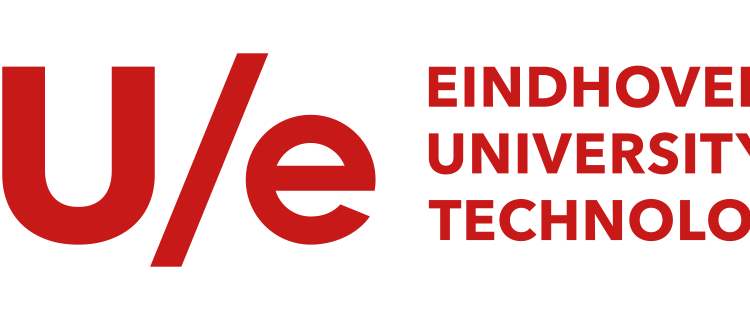Eindhoven University of Technology: Broadening and strengthening the high-tech sector in the Netherlands
In the NXTGEN HIGHTECH partnership, partners will work together over the coming years to develop high-tech solutions to the major societal challenges that we now face in the Netherlands, such as the energy and climate transition, optimal healthcare, secure communication and greater sustainability in the food chain. This should bring and keep the Dutch high-tech equipment industry at the forefront of Europe and the world. The National Growth Fund agrees, as evidenced by the investment of 450 million euros in the collaborative initiative.
High-tech industry
Naturally, the sector in which the Netherlands already holds a top international position concerns the high-tech industry in the Brainport region. From TU/e, Jeroen Voeten has been involved in the NXTGEN HIGHTECH initiative from the beginning. Voeten is a professor of Electrical Engineering and the scientific director of the Cyber-Physical Systems Center Eindhoven (CPSe) “What we in the high-tech sector in the region excel in is the interdisciplinary design and realization of systems that form a close integration of physical and computational processes. You can compare the physical processes with the hands and feet of the system and the calculation processes with the brain,” says Voeten.
Jeroen Voeten.
“This interdisciplinary system development and integration of technologies is what we’re extremely good at. This is why we in the Netherlands are among the world leaders in building the most complex high-tech systems. And this knowledge is the key to tackling the other societal challenges in the Netherlands as well. So, with this program, we want to strengthen and expand our top global position in high-tech systems, on the one hand, and accelerate innovation in other domains, on the other.” To build this knowledge, the multidisciplinary exchange of knowledge between the domains, as well as between the partners, is essential. This is exactly what NXTGEN HIGHTECH is going to ensure.
Six domains
The NXTGEN HIGHTECH projects fall into one of six chosen application domains: clean energy, laser communication, drug development, faster chips, lightweight materials, and robotics in agriculture and horticulture. Furthermore, knowledge of the key technologies that underpin all of the application domains will be built up and exchanged across all of the domains. Voeten: “With over 40 PhD positions, TU/e is particularly committed to biomedical production applications for new chips that mimic organs and the development of equipment to make faster and more energy-efficient chips. In addition, TU/e is making a solid contribution to the further development of the key technologies of System Engineering and Smart Industry.”
The High Tech Systems and Materials (HTSM) industry has been designated by the government as a sector in which the Netherlands is and wants to remain important. NXTGEN HIGHTECH is committed to conducting the necessary but high-risk research that cannot be funded by the business world alone. This is why the funding for these 40+ projects is being partially paid from public resources, such as the contribution of the National Growth Fund. The plans for the execution of the program are already in place. The 189 SME companies (including 75 start-ups and scale-ups), 130 larger companies and 23 knowledge institutions have already pledged their participation and contribution.
“It’s very inspiring to participate in the NXTGEN HIGHTECH program from TU/e and thus be able to directly contribute to the future of the Netherlands,” adds Voeten. “TU/e is a leader in collaboration with industry. The fact that we’re able to co-found such large programs is a testament to that.”
The collaboration between the university and industry suits him down to the ground. “I’ve been working for TU/e for 30 years but have also gained 15 years of industrial experience at TNO and ASML. It’s my passion to apply our academic knowledge to industry and to translate the challenges from industrial practice into academic research questions. It’s my firm conviction that in doing so, we can accelerate the response to the enormous challenges that we face as a society.”

